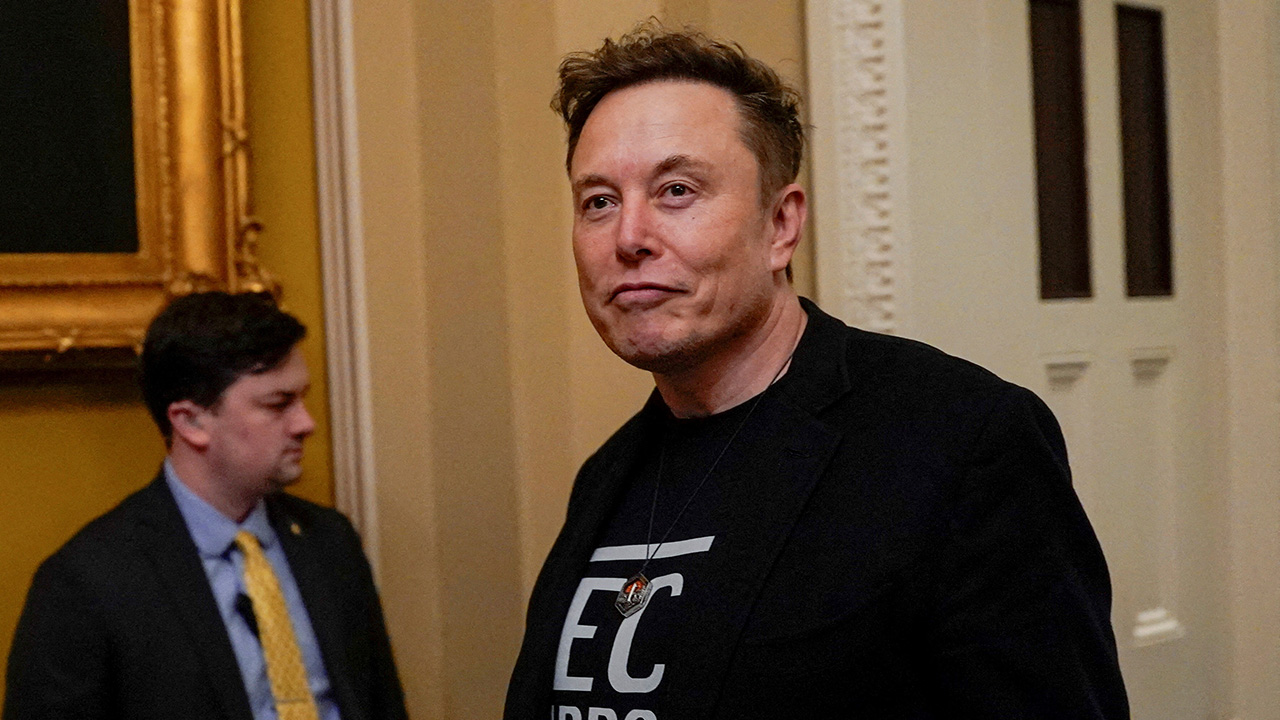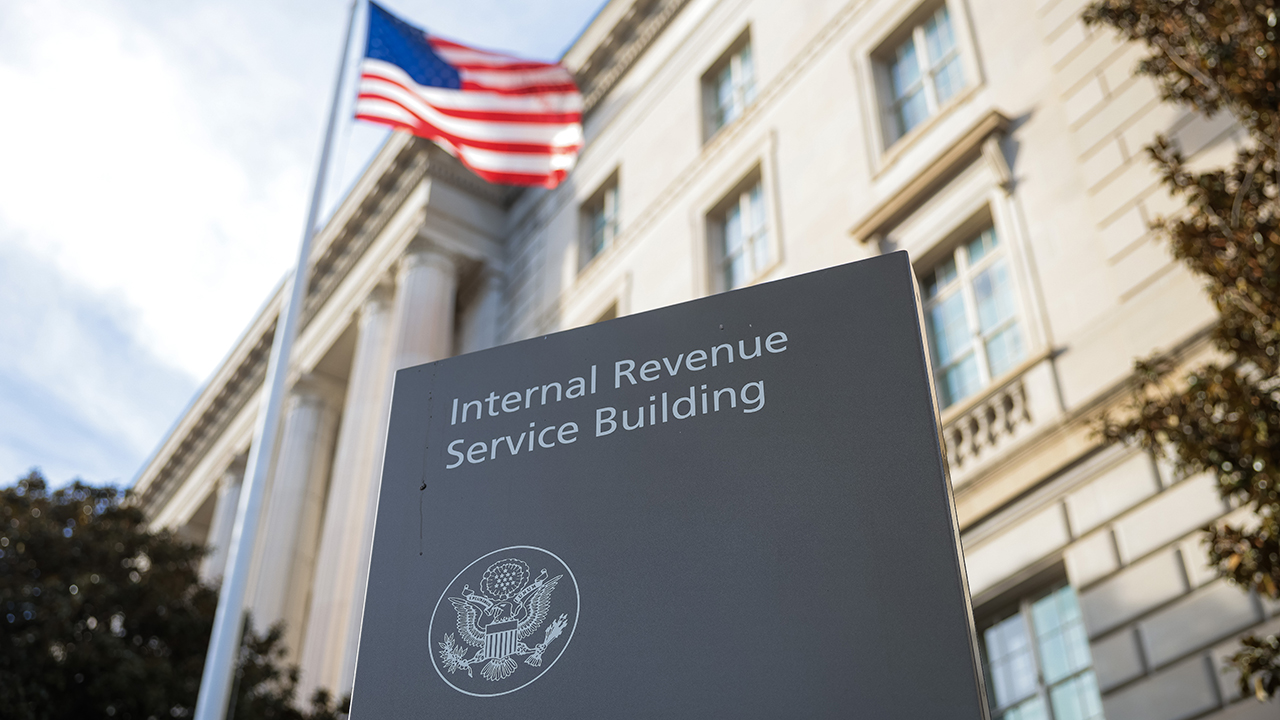Funding the AI economy: Strengthening Europe’s investment capacity

The new EU report Funding the AI Economy by the StepUp StartUps Consortium explores Europe’s fast expanding AI investment landscape and makes recommendations to strengthen its capital base, corporate engagement and ecosystem connectivity.
AI technologies’ substantial capital needs are redefining the global investment landscape. Over the past decade, AI has evolved from a niche technology into a central focus for global investors, accounting for nearly 50% of total global VC funding in the first half of 2025.
The EU has made strong progress, with AI’s share of total European venture capital rising to 27%, reflecting a growing recognition of AI’s strategic value and Europe’s strong pool of AI talent.
The new report shows that Europe’s AI investment ecosystem still faces major challenges despite progress in recent years. While total venture activity is expanding, the scale, structure, and distribution of AI funding remain fragmented and modest compared to key global competitors.
Between 2020 and 2025, the US dedicated 34% of its €1.33 trillion in VC funding to AI, while Europe allocated 18% of €252 billion, underscoring the need to strengthen both its investment base and the share of AI investment within it.
The scale challenge
While EU investors provide the majority of funding for EU AI startups in early investment rounds (under €10 million), their participation falls to 26% in AI deals above €25 million.
Most late-stage capital comes from the US and UK. While international funding helps the EU’s AI startups expand, it also raises concerns about Europe’s ability to retain control and value over its most valuable AI assets and ensure that innovation benefits stay in the EU.
Corporate investment: an opportunity to be seized
A second challenge lies in the limited AI investments of established European corporates including their Corporate Venture Capital (CVC) funds. European corporates have a 25% share of VC capital invested in the EU but only 15% in AI. This gap between Europe’s industrial base and its AI innovators is an opportunity for European CVC funds to seize.
Enhanced investments of European corporates could also accelerate the adoption of AI in industrial core sectors – such as CleanTech, mobility, and advanced manufacturing – where Europe is a global leader. This would also underpin the EU’s Apply AI strategy.
A fragmented ecosystem
Geographically, over two-thirds of AI venture capital is captured by just ten metropolitan hubs, led by Paris (€8 billion between 2020-2025), Stockholm, and Berlin. AI funding is also reaching emerging ecosystems in Central and Eastern Europe, including Poland, Lithuania, and Romania.
Nevertheless, areas outside of capitals and major regional hubs attract less than 1% of EU AI VC investments.
A more widespread distribution and connected landscape would help ensure that innovation benefits are shared across regions and that Europe’s diverse pools and different specialisation areas are fully mobilised for AI competitiveness.
Key Recommendations
To boost competitiveness and secure its role in the global AI economy, the report highlights three sets of strategic actions for Europe:
- Scale up investment capacity: Strengthen Europe’s ability to fund large-scale AI ventures by developing an AI-oriented sub-vehicle in the recently announced Scaleup Europe Fund and mobilising institutional investors to support late-stage growth companies delivering European AI models and applications.
- Connect and strengthen ecosystems: Link Europe’s leading AI hubs with emerging regions through ‘AI corridors’, streamline conditions for AI startup growth and launch initiatives that attract global AI ventures and talent to the EU.
- Mobilise corporate capital: Encourage greater participation from established European companies through incentives, co-investment schemes, and platforms that connect corporates and startups.
This AI investment focused analysis will be complemented by the next report in the ‘StepUp StartUps’ series, Untapped Opportunities for European Venture Capital: Pension funds and Sovereign Wealth funds, whose publication is expected in mid-November 2025.
The post Funding the AI economy: Strengthening Europe’s investment capacity appeared first on EU-Startups.















































